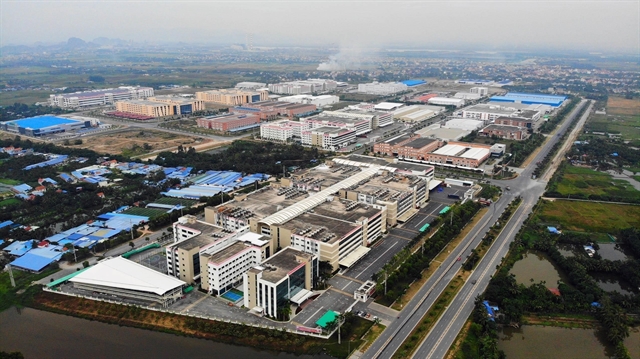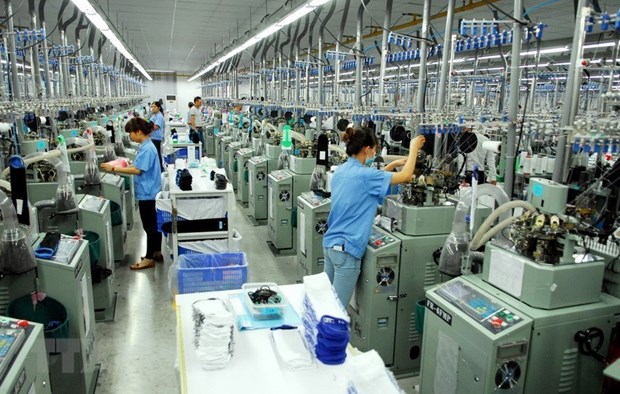
HÀ NỘI — State Bank of Việt Nam (SBV)’s governor Nguyễn Thị Hồng has directed commercial banks to investigate a number of banks loans issued in the first quarter of 2021.
The move was made after the media raised questions over potentially risky investment channels such as real estate and securities.
According to Hồng, SBV has set a credit growth target of 12 per cent this year and focus on increasing credit quality with priority on production and business activities to continually remove difficulties for people and businesses while controlling the credit to areas of potential risks.
The Governor has required commercial banks to expand credit in line with credit quality enhancement to meet the SBV’s targets.
According to the SBV, by the end of the first quarter of this year, the credit increased by 2.93 per cent compared to the end of last year to VNĐ9.46 quadrillion (US$407.7 billion). Of which, real estate loans rose by 3 per cent.
Data from the Ministry of Construction also showed loans for real estate investment gradually increased quarter-by-quarter last year. Real estate loans reached more than VNĐ526.39 billion in the first quarter of last year, more than VNĐ580.18 billion in Q2, more than VNĐ606.25 billion in Q3, and VNĐ633.47 billion in Q4.
Experts said the low deposit interest rates have caused a large amount of capital to flow into real estate and securities, fueling these investment channels to grow strongly over the past months.
At present, the rate for savings of less than six months is 3-4 per cent. Meanwhile, tenors of six to less than 12 months and more than 12 months enjoy a rate of 3.5-5.5 per cent and 4.6-6 per cent, respectively.
Although some banks have revised up their deposit rates by 0.1-0.4 percentage points, the banks’ average deposit rate in the first quarter remained some 2 percentage points lower than that in the same period last year.
The average home loan interest rate at banks in the first two years is about 7-8 per cent per year, then being floated with an addition of 2-3 per cent per year. Home loan interest rates at foreign bank branches even are 1-3 percentage points per year lower than those of Vietnamese commercial banks. This interest rate level is considered reasonable for investment in the context that the real estate market is growing.
According to Cấn Văn Lực, chief economist of BIDV, besides decreasing deposit interest rates, the real estate market has become hot as investors in the stock market have taken profits and poured into real estate.
Many people have also switched investment to real estate because, in the past months, some provinces and cities have announced their planning, so investors thought that with planning, land prices would go up.
Due to the pandemic, production and business activities have slowed down in many places, leading to weak capital demand, so currently, the cheap capital flow is more plentiful than in the previous period. As a result, this cash flow poured into the most profitable channels, including real estate, helping this market to increase strongly. — VNS
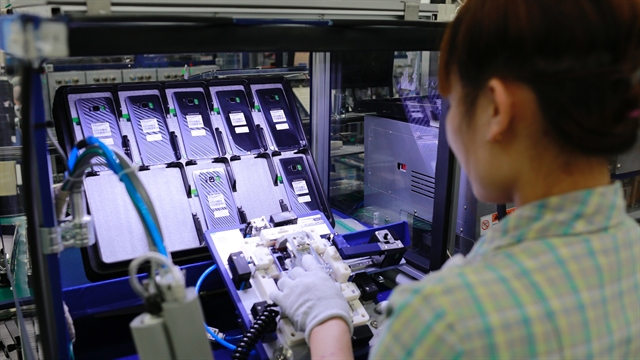
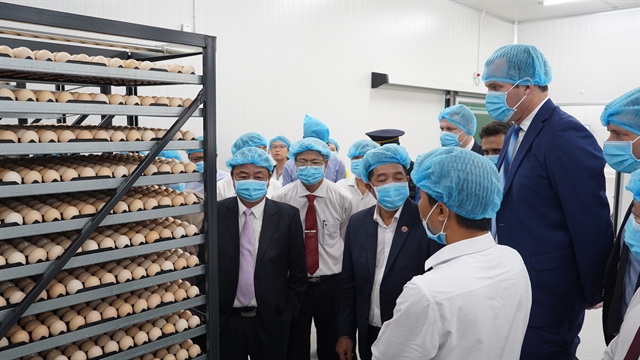
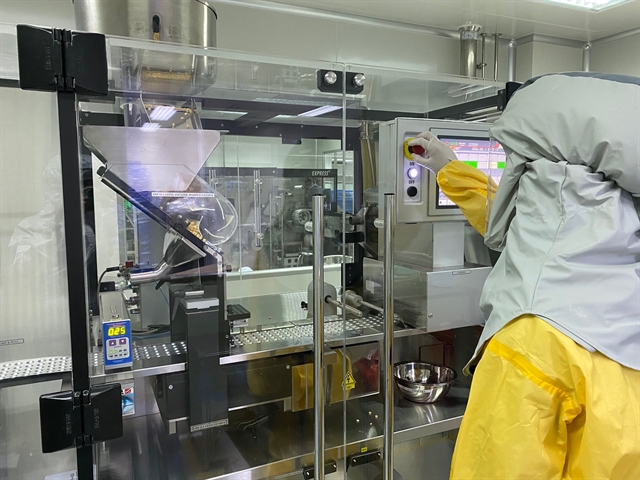




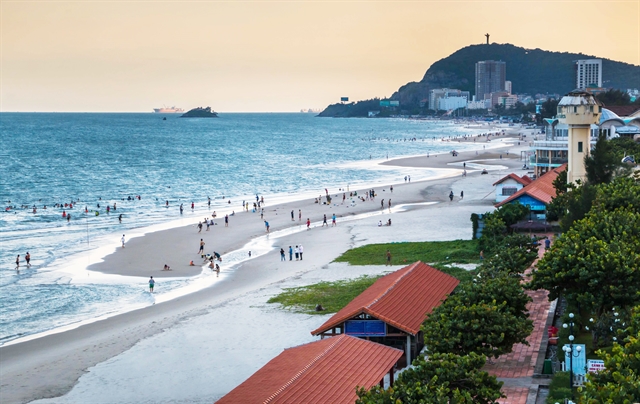
.jpg)
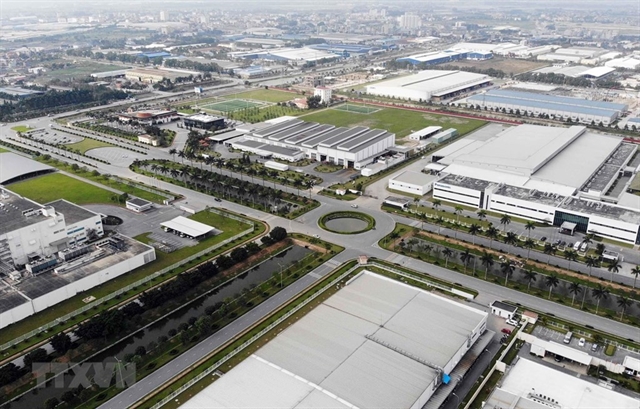
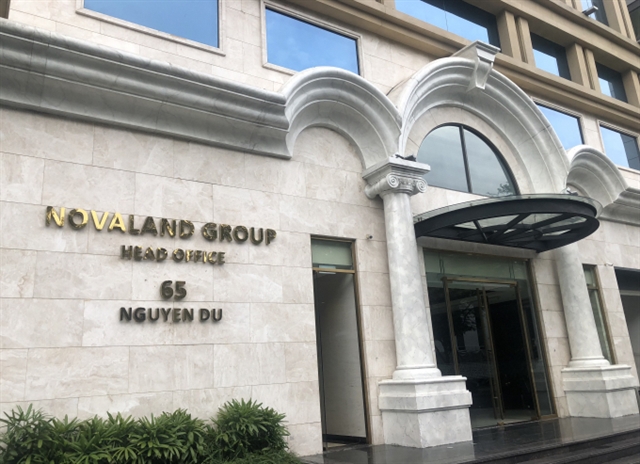
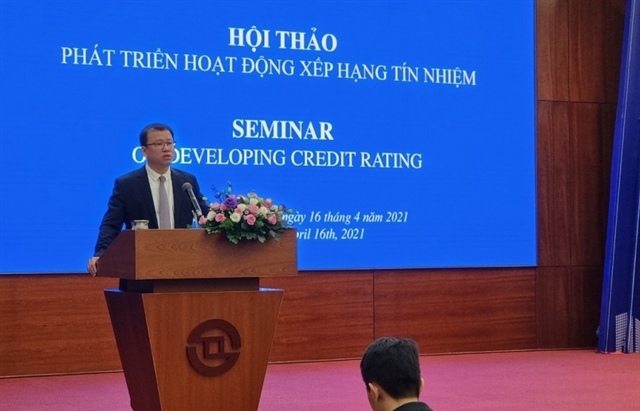

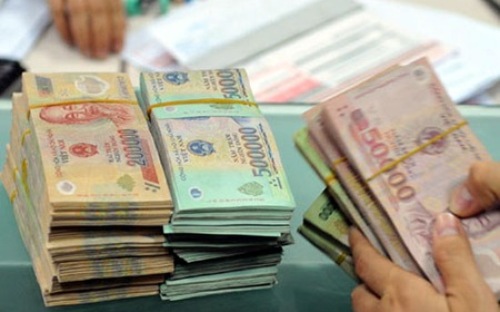


.jpeg)

